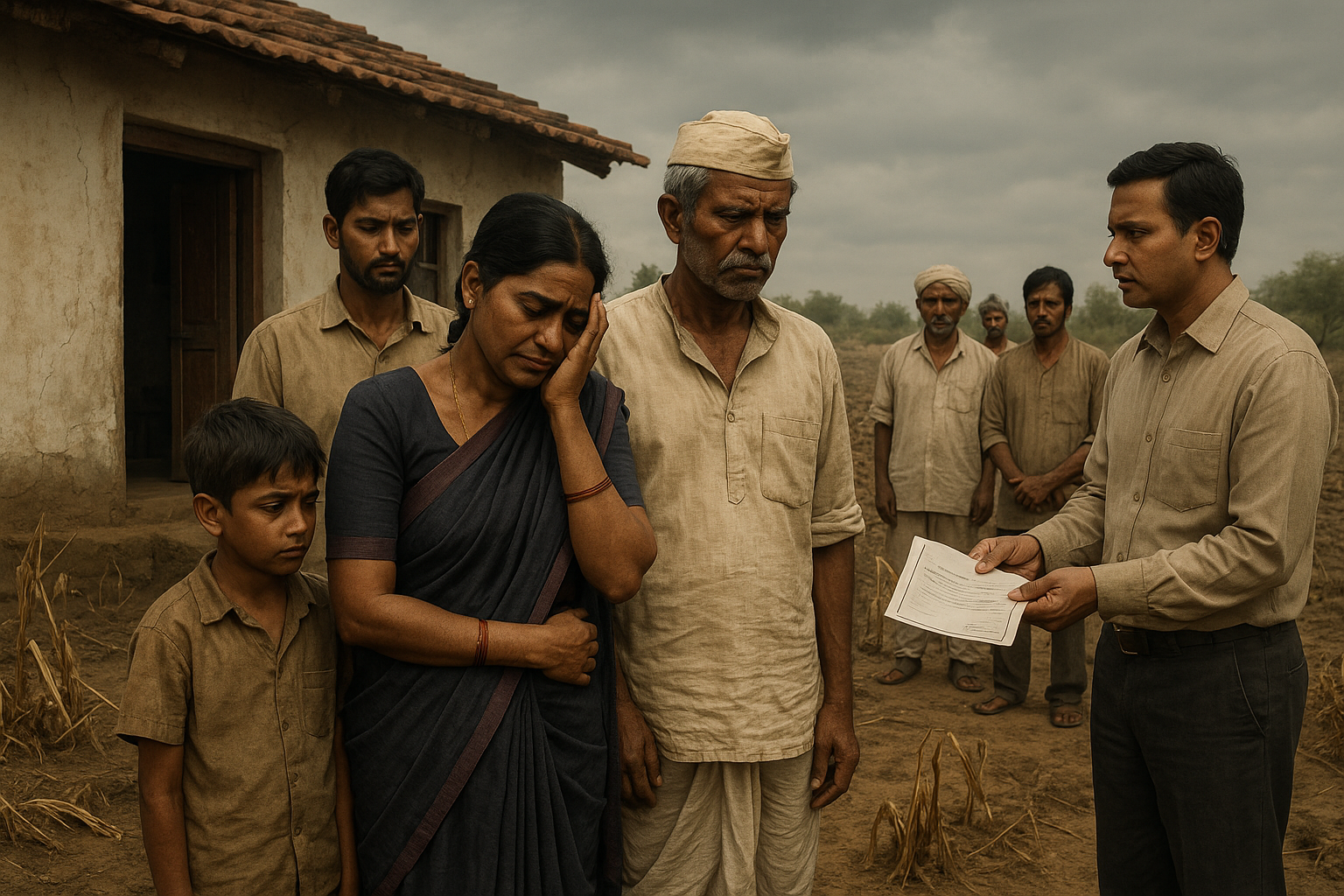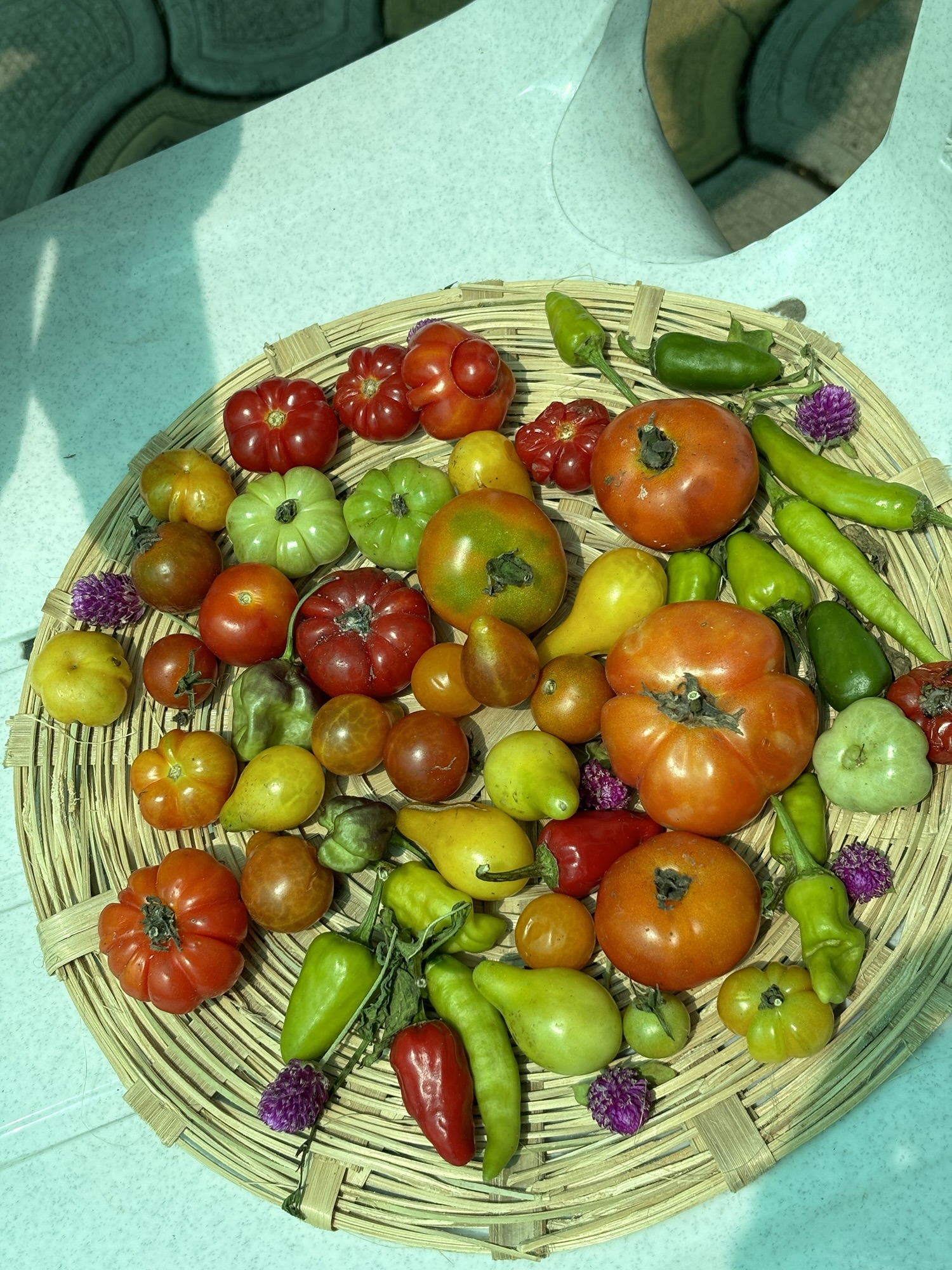The Maharashtra government has confirmed that 767 farmers died by suicide between January and March 2025, underscoring the persistent agrarian crisis in the state. Almost 9 cases every day. Of these cases, 373 families were found eligible for financial compensation, while 200 were declared ineligible, and inquiries in 194 cases are still pending, according to Relief and Rehabilitation Minister Makarand Patil’s written reply in the Legislative Council.
The government has disbursed ₹1 lakh each to the families of 327 eligible farmers, with efforts ongoing to complete compensation for the remaining families. All divisional commissioners have been instructed to expedite the process. The issue was raised by Opposition Congress MLCs, who criticized the delays in compensation and highlighted the rising number of farmer suicides.
Historical Context and Ongoing Crisis
The state has witnessed a staggering 39,825 farmer suicides since 2001, with over 22,000 linked directly to the agrarian crisis—primarily driven by low crop yields, mounting debt, and inadequate irrigation. In 2024 alone, 2,635 farmers died by suicide, a slight decrease from 2,851 in 2023. The government has paid out nearly ₹220 crore in compensation to affected families in the Vidarbha and Marathwada regions since 2001, equating to the cost of a small irrigation project or flyover.
Despite relief measures, including compensation and crop insurance schemes, many families remain ineligible for aid due to stringent criteria set by district-level committees. There is growing demand to increase compensation from ₹1 lakh to ₹5 lakh per family and to broaden eligibility.
Regional Impact and Political Response
Districts like Amravati, Yavatmal, and Beed remain hotspots for farmer suicides, with local leaders urging the government to fulfill promises of doubling farmer income and providing timely assistance. The government has rolled out additional support, such as loan waivers and electricity bill exemptions, but the crisis persists, especially in drought-prone areas





